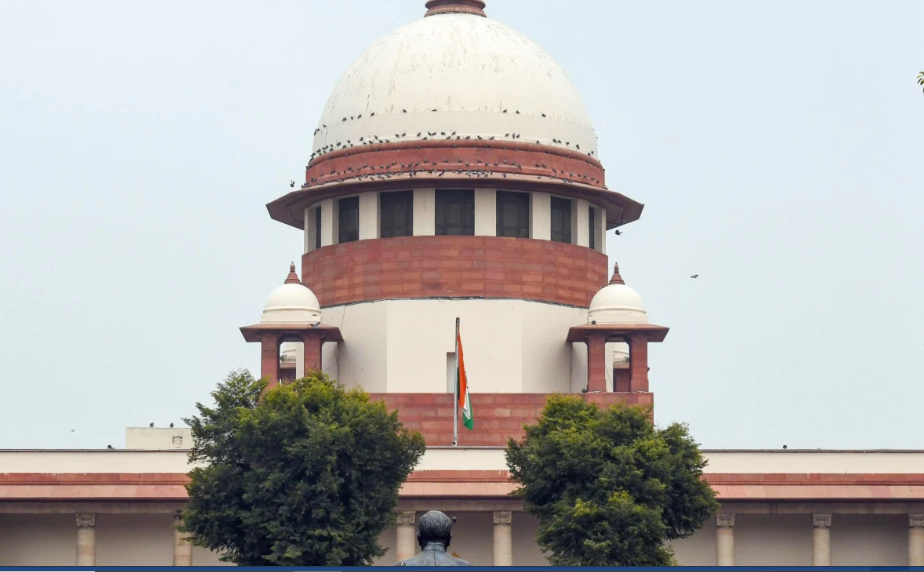
Manas Dasgupta
NEW DELHI, Apr 2: The Supreme Court on Wednesday was in a dilemma over a failed relationship leading to rape charges against the man with the woman claiming that she had agreed for sex expecting marriage.
A bench of Justice MM Sundresh and Justice Rajesh Bindal after commenting that the “concept of morality, virtues” were entirely different in the present younger lot, expressed the opinion that the situation required to be given a broader look from both sides and decided to hear the man’s plea seeking quashing of the rape charges further.
The court noted that a failed romantic relationship need not always mean sexual relations were forced on either party. Citing an evolving sense of morality in the world today, the bench pointed out the woman “did accept the relationship with the option it can be broken” and asked if therefore any failed relationship could ultimately be so punished.
“You are a major… it cannot be you were hoodwinked to believe you will get married, etc. With due respect, today the concept of morality, virtues is different with the younger lot. If we agree with you, then any relationship between a boy and girl in college, etc., will be punishable.”
The court also observed complaints such as these are sometimes fed by conservative morals and values, in which the blame is apportioned to the man because of a “lacunae” in the system. The woman’s lawyer pointed out the relationship in question was ‘arranged’ and not ‘romantic’ in nature, thereby raising the question of ‘consent.’ “This is not a romantic relationship that went sour. This was arranged. Consent in this case cannot be said to be “free consent,” Madhavi Divan said, explaining that the breaking of the engagement would amount to “social taboo.”
The woman, Ms Divan argued, had believed the man would not marry her if she didn’t please him. “It may have been casual sex for him… but not for the woman,” she told the court. The court, though, countered that the situation had to be examined from both sides’ perspectives, and that it had “no attachment to any one gender.”
“I also have a daughter (but even) if she is in this position I need to look at a broader perspective. In this case… can conviction be secured with such weak material?” Justice Sundresh asked.
However, the court also noted that the woman was “ultimately… the victim”, and said, “Whatever observation you want from us or to set aside High Court observation…that’s okay…” The court eventually decided it would hear the man’s plea further.
The Orissa High Court had last month similarly quashed rape charges against a 33-year old man accused of having an intimate relationship with a woman over the promise of marriage but ultimately the relationship got sour. The assumption that every physical relationship between a man and a woman carried an implicit condition of matrimony was not a principle of law but a vestige of control, the court had observed and pointed out that every failed relationship should not lead to automatic criminalisation under the guise of false promise of marriage.














